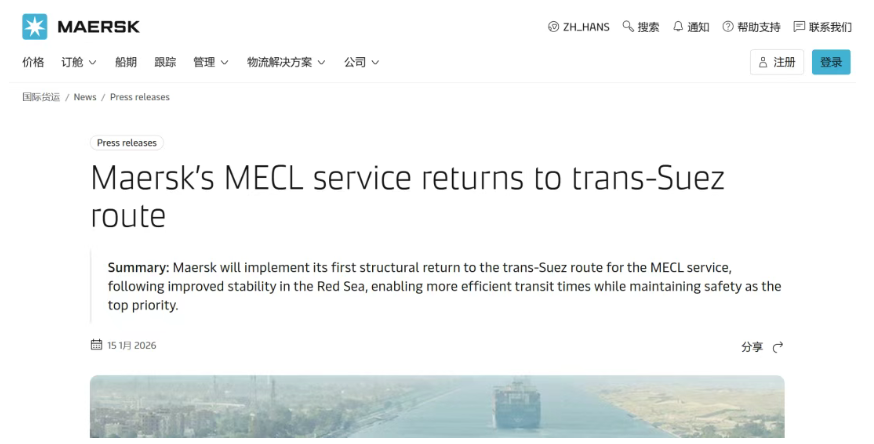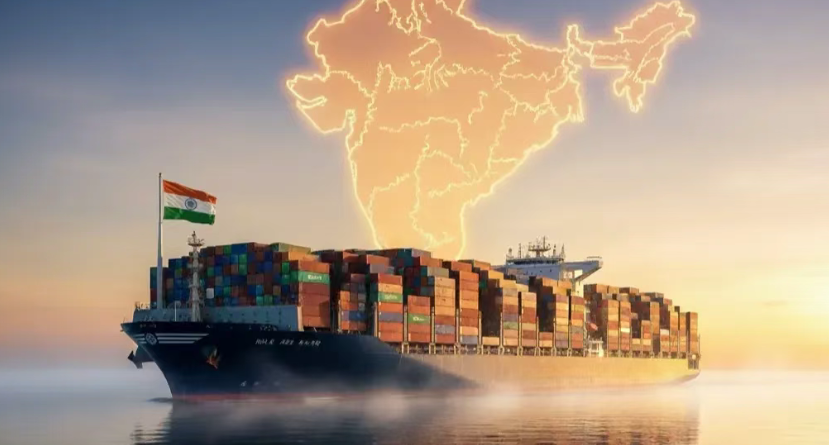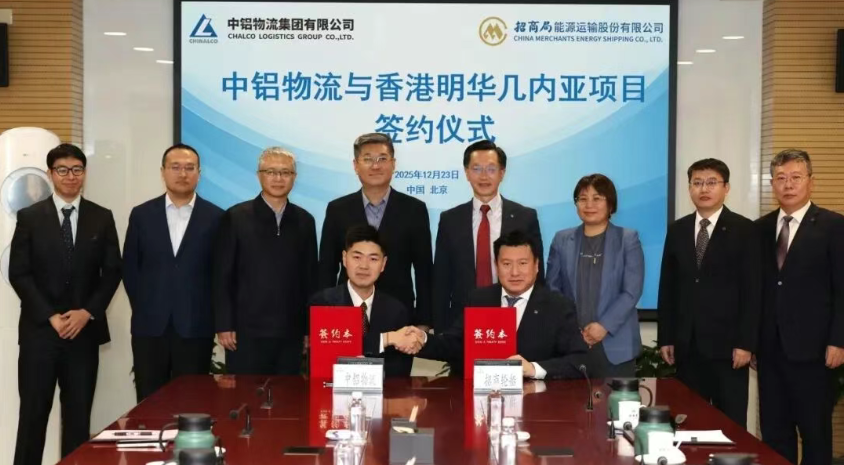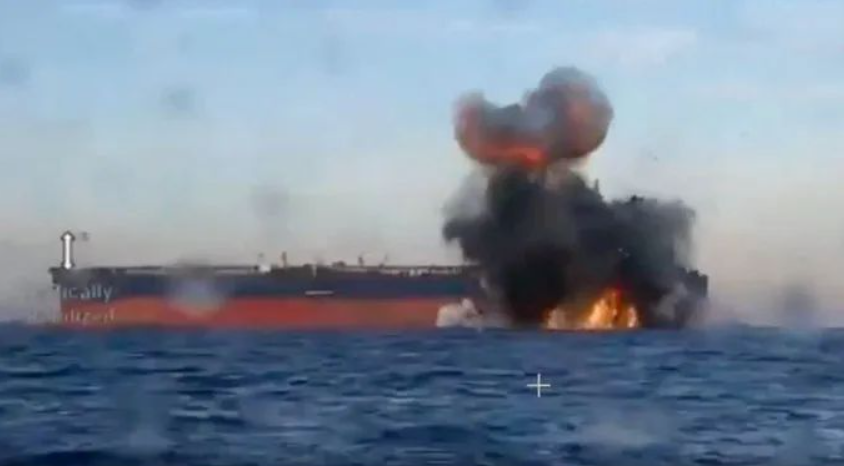The maritime industry will take advantage of the benefits that creating a unified digital language and standards will bring because every industry now has to be digitised, according to Sergio Colella, European President of the aviation technology giant SITA and the Chairman of SmartSea.
Addressing the Columbia Shipmanagement Monaco Forum at the Yacht Club de Monaco, which was held in partnership with the marine energy solutions provider Baseblue, delegates were told that SITA proved that collaboration could work in the aviation industry so maritime needs to do the same.
The forum debate, entitled A single digital voice: Unlocking True Optimisation in Shipping, was attended by representatives of the Monaco shipping industry. Speakers included Sergio Colella, President of SITA, Europe & Chairman of SmartSea; Julian Panter, CEO of SmartSea; Pankaj Sharma, Managing Director of OneLink; Faouzi Fradi, Group Director of Crewing and Training at the Columbia Group; and Nicholas Argyrou, Key Account Director at Baseblue.

Imagine the levels of optimisation which could be driven through that entire process". He warned delegates that unless shipping embraced the digital change that was happening now across other industries such as aviation, “it would be swallowed up by the logistics platforms”.
“The logistics industry is consolidating with liner companies buying up railway and airline assets; buying up haulage companies and integrating their logistics frameworks and the fear is that unless we embrace the change now, we will be swallowed up, apart from the niche players amongst us,” he said.
“Maritime has traditionally been a siloed industry when it comes to digitisation initiatives and there has always been an apprehension to collaborate amongst the main players within the sector when it comes to data sharing and the unified development of technology for the greater good of the industry,” said Julian Panter, CEO of SmartSea. “But it is all about collaboration, as SITA proved in aviation and maritime needs to do it too.”
SmartSea has been set up by SITA with the Columbia Group as the anchor client, to bring globally trusted transport technology and innovation to the maritime sector to revolutionise and drive it forward just as it does in the air transport sector.
SmartSea, powered by SITA, has set out to digitise the maritime industry by transforming the maritime digital ecosystem through the development of a state-of-the-art integrated maritime management platform (iMMP) and the establishment of a broad portfolio of services both onboard and ashore.
“Having a common IT backbone, a common language with us all, would be a game changer for our industry,” said Mr Panter. “Technology can be the maritime industries ultimate enabler in terms of revolutionising the way things are done. Imagine a world where the key stakeholders across the value chain are all connected digitally through one common set of digital standards, platforms and frameworks. How much more efficient would we be.
“Rather like in the aviation sector, the recipe for success will be the ability for the maritime industry to unite and collaboratively effect change, which is why SmartSea should be an organisation owned by industry players in the same way SITA is owned by the airports and airlines. We are open to talking to key stakeholders who will be interested in joining SmartSea as shareholders,” he added.
The need for a common digital platform was echoed by Capt Faouzi Fradi, Group Director of Crewing and Training at Columbia Group, who said: “One of the biggest challenges is moving people. But it cannot be more complicated than moving plane crews; we just don’t have the technology. We lack a platform that allows all this data to be stored in one place.”
Capt Faouzi questioned whether the maritime sector is too conservative while arguing that the integration of technology simplifies the process if the industry adopts a unified digital solution. Columbia Group uses SmartSea to address some of these challenges.
Nicholas Argyrou, Key Account Director at Baseblue, added to the debate by citing the advances made in Singapore through the introduction of the bunker mass flow meter. “It determines how much fuel has been taken, a message is sent instantaneously to the port authority, and within five minutes, an invoice is drawn up,” he said.
He also noted that when you receive a Noon report, you get a variety of different quality reports. Some shipowners use consultants to simplify and clean the data. Mr. Argyrou believes technology is a great equaliser and something that Baseblue embraces.
“Working with SmartSea in the short term is recommended, rather than waiting for the development of the iMMP, as SmartSea can work immediately with clients in areas such as the optimising of their current technology infrastructure on vessels, in ports and terminals, but also the IT outsourcing (ITO) of clients’ office-based services, said Julian Panter, CEO of SmartSea.
“SITA has experience of managing the full IT services of complex and large organisations like Heathrow Airport. Imagine how much value SmartSea can leverage from SITA to dramatically improve the office-based IT in clients offices. Furthermore, SmartSea will be unifying the industry across the technology value chain in the same way SITA has done within aviation, so its critical clients are working with SmartSea now so we can build the full technology eco-system together, but also to ensure clients are compatible with future developments.”
To summarise, it was very clear that the panel of experts from various sides of the maritime industry were unanimous in their thoughts on the industry needing to embrace technology in order to lift the sector. Creating unified systems, common digital standards and languages rather like the ecosystem that SITA has built with the airlines, airports and boarders/immigration, will give the maritime sector a great chance of dramatically improving efficiencies, costs, service and productivity. In order to effect change though, this is an industry-wide effort and rather like in aviation where the airlines have shareholding in SITA, the same business model should be implemented in the maritime industry. The consolidated industry stakeholders need to unite and address the technology shift together.
source: Columbia Group
Please Contact Us at:







